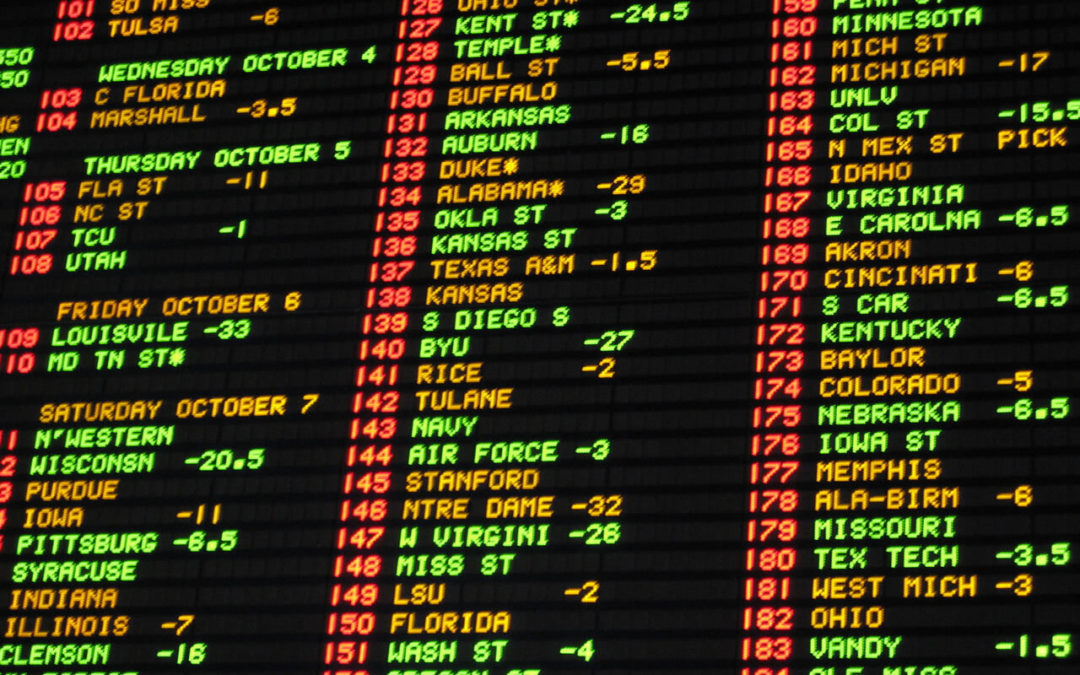On May 14, 2018, the United States Supreme Court held in Murphy v. NCAA that certain provisions of the federal Professional and Amateur Sports Protection Act of 1992 (PASPA) violated the anti-commandeering rule of the Constitution and that these provisions could not be severed from the act—meaning PASPA is no more. The 6-3 opinion, authored by Justice Alito, explained that PASPA’s language did not make sports betting a federal crime; rather, it forbade the several states from authorizing sports betting or an individual relying on state authorization to operate a sports betting operation.
Without PASPA, individual states are now free to authorize sports betting at their leisure, and some have already taken advantage of its defeat: Delaware, Mississippi, Nevada, New Jersey, New Mexico, Pennsylvania, Rhode Island, and West Virginia have all legalized sports betting to some extent. New Jersey in particular was well-prepared to roll out a new sports betting regime—its casinos generated $63 million from sports betting in just the first three months of 2019, amounting to $7.7 million in taxes for the state.
On March 14, 2019, Ohio State Senators John Eklund (R-Chardon) and Sean O’Brien (D-Bazetta) introduced Senate Bill 111 to bring legal sports betting to Ohio. This proposal would authorize the Ohio Casino Control Commission to license the 11 casinos and racinos across the state to begin operating sports betting, both on-site and through branded websites or web-based applications. S.B. 111 would also levy a tax on total sports wager receipts collected by casino operators at a rate of 6.25%, in addition to enacting a $100,000 fee for operators to become licensed to operate sports betting facilities. Further, casino operators would have to pay an administrative fee of $100,000 for every five years of operation after their initial licensure.
Just this month, the Ohio House of Representatives saw the introduction of its own competing proposal to legalize sports betting in the state. In contrast to S.B. 111, House Bill 194 would authorize the Ohio State Lottery Commission to regulate and license sports betting operators under the Commission’s broad authority to establish lotteries. In addition to establishing sports betting operators’ licenses for Ohio’s casinos and racinos, H.B. 194 would also allow fraternal and veterans’ organizations across the state to place single sports betting terminals in their organizational facilities for their members’ use. The proposal would levy a 10% tax on sports wager receipts and impose a $100,000 licensure fee on casinos/racinos and a $1,000 licensure fee on fraternal and veterans’ organizations. Casinos and racinos would also be subject to an annual $100,000 license renewal fee.
The bottom line is that sports betting in Ohio—much like the medical marijuana program—is here to stay. Moreover, state-sanctioned sports betting will inevitably create a new set of legal challenges and considerations, such as what regulations the State will promulgate to govern licensure, and how potential licensees can position themselves to quickly navigate the application process to take advantage of this rapidly expanding market.
At Crabbe, Brown & James, our attorneys have significant experience navigating administrative agencies’ complex rules and regulations surrounding license applications, renewals, and appeals in Ohio and throughout the country. Our clients include applicants to the Ohio Medical Marijuana Control Program as well as gaming clients with licenses and operations in dozens of states. Our legal team at Crabbe, Brown & James is uniquely positioned to advise and assist clients in this developing area of commerce.

